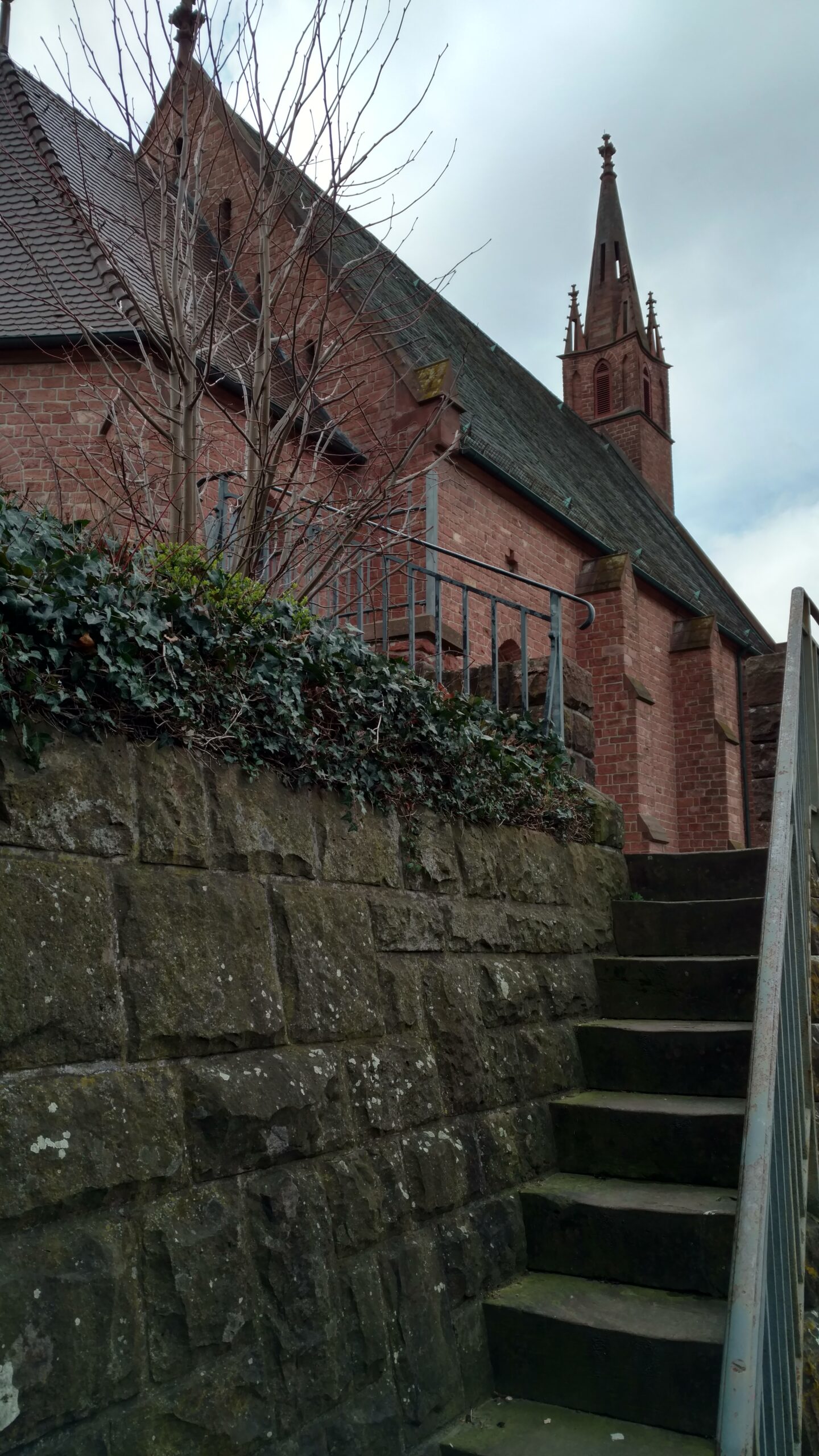John called the crowds who came out to him to be baptized a brood of vipers. Specifically, he was talking to the Pharisees and Sadducees according to Matthew 3:7. Then he asked an interesting question, “Who warned you to flee from the coming wrath?” The question was sarcasm for he knew few in Jerusalem and Judea preached the truth. Coming out to him to be baptized and listen to his message about the coming Messiah was fleeing the coming wrath.
God’s wrath is hostility toward all evil. The wrath of God is against all wickedness. Romans 1:18-20 states, “The wrath of God is being revealed from heaven against all the godlessness and wickedness of men who suppress the truth by their wickedness, since what may be known about God is plain to them, because God has made it plain to them. For since the creation of the world God’s invisible qualities–his eternal power and divine nature–have been clearly seen, being understood from what has been made, so that men are without excuse.”
The wrath of God, to a small extent, is revealed in this life. Yet, the Lord is patient and kind. He wants everyone to repent and come to a life filled with joy and peace. He even sent his Son to redeem those who will accept him. Even though God’s love is revealed in this way, it does not mean he will always relent from wrath now.
Romans 2:5-11 states, “But because of your stubbornness and your unrepentant heart, you are storing up wrath against yourself for the day of God’s wrath, when his righteous judgment will be revealed. God will give to each person according to what he has done. To those who by persistence in doing good seek glory, honor, and immortality, he will give eternal life. But for those who are self-seeking and who reject the truth and follow evil, there will be wrath and anger. There will be trouble and distress for every human being who does evil: first for the Jew, then for the Gentile; but glory, honor, and peace for everyone who does good: first for the Jew, then for the Gentile. For God does not show favoritism.”
God’s wrath was poured out on the nations because of stubborn hearts. However, there is still a chance for you to escape God’s coming wrath. Romans 5:9-11 states, “Since we have now been justified by his blood, how much more shall we be saved from God’s wrath through him! For if, when we were God’s enemies, we were reconciled to him through the death of his Son, how much more, having been reconciled, shall we be saved through his life! Not only is this so, but we also rejoice in God through our Lord Jesus Christ, through whom we have now received reconciliation.”





































































